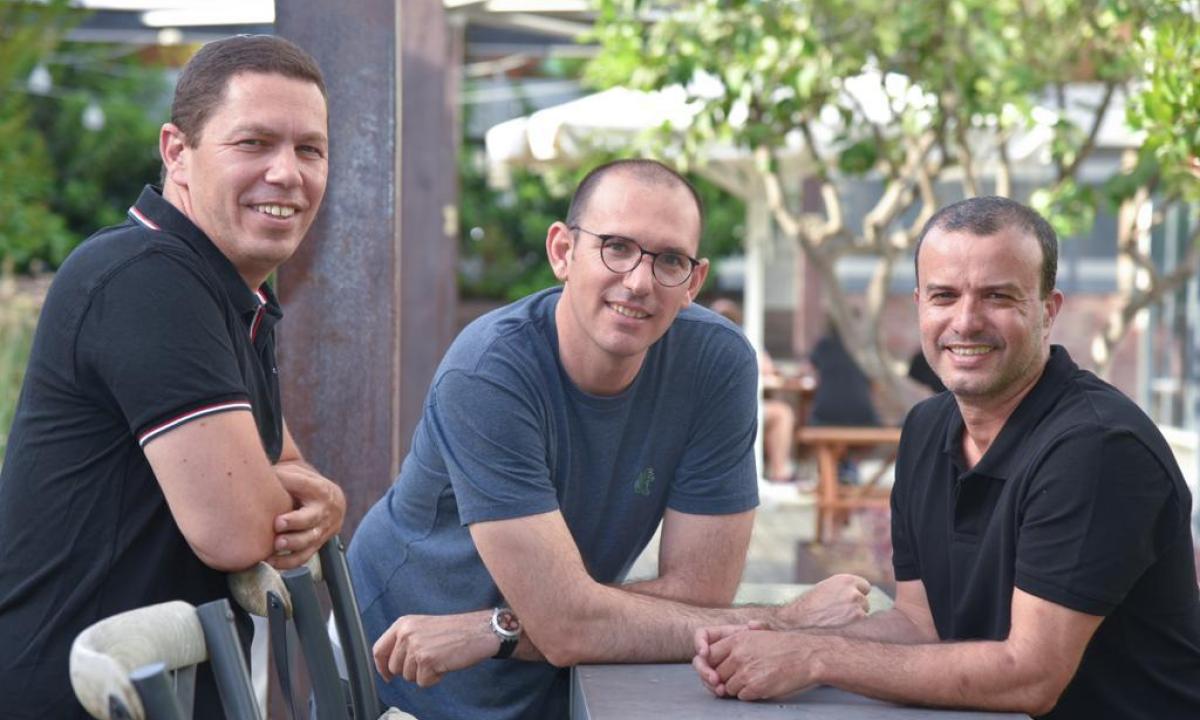I am a bit of a TED Talk junkie. These powerful 18-minute-or-so presentations expose me to many different topics and viewpoints I might not have otherwise considered. I not only learn a lot, but I also enjoy the variety of speaking styles and approaches to engaging an audience.
Founded in Monterey, Calif. in 1984 as a small conference to address Technology, Entertainment and Design topics – hence the TED acronym – TED Talks is now a non-profit organization that seeks to share the ideas of some of the world’s most creative people.
Five TED Talkers, Five Books
While some TED Talk presenters are already established authors, others use their TED Talk presentations as a way to launch a new book. Still others are inspired to write books after the success of their presentations. Here are a few of the best books by TED presenters.
TED Talkers’ favorite books – Quiet: The Power of Introverts in a World That Can’t Stop Talking (2013)
Writer and researcher Susan Cain called 2012 her “Year of Speaking Dangerously” and found that when the year was over, she had become an oxymoron – a public introvert.
In her book and her TED Talk, Cain discusses the differences between introverts and extroverts and that we need to both honor the introverted side of ourselves and value it in others.
Cain cites studies that show from one- third to one-half of all adults in North America are introverts, yet our culture glorifies the extrovert model. Cain argues that many introverts feel forced to be something they’re not, and, as a result, we, as a society, lose the valuable contributions they have.
Favorite Quote: “I worry that there are people who are put in positions of authority because they’re good talkers, but they don’t have good ideas. It’s so easy to confuse schmoozing ability with talent. Someone seems like a good presenter, easy to get along with, and those traits are rewarded. Well, why is that? They’re valuable traits, but we put too much of a premium on presenting and not enough on substance and critical thinking.”
TED Talkers’ favorite books – Where Good Ideas Come From by Steven Johnson (2011)
Where do great ideas come from? Is there a certain kind of environment that helps them to grow? How do we foster that environment? In his book and in his TED Talk, Steve Johnson investigates great new ideas – from the printing press to the battery — to determine what they have in common.
Johnson uses a multi-disciplinary approach, calling upon anthropology, philosophy, sociology, behavioral psychology and cognitive science — as well as his own personal experiences — to create an interesting, highly engaging book.
Favorite Quote: “Legendary innovators like Franklin, Snow, and Darwin all possess some common intellectual qualities—a certain quickness of mind, unbounded curiosity—but they also share one other defining attribute. They have a lot of hobbies.”
TED Talkers’ favorite books – My Stroke of Insight: A Brain Scientist’s Personal Journey by Jill Bolte Taylor (2009)
When Harvard brain scientist Jill Bolte Taylor picks up a real human brain complete with spinal cord attached during her TED Talk, she gets a big reaction from her astonished audience.
In this New York Times bestselling book, Taylor further chronicles her journey from being a sister of a brother with schizophrenia, to suffering from a massive stroke herself, to struggling for eight years to regain a healthy life. As a Harvard-trained scientist, Taylor was in the unique position of being able to watch her own deterioration and recovery.
Her book serves as a guidebook for people affected brain injury and for anyone searching for a sense of inner peace.
Favorite quote: “Although many of us may think of ourselves as thinking creatures that feel, biologically we are feeling creatures that think.”
TED Talkers’ favorite books – Stumbling on Happiness by Daniel Gilbert (2007)
Most of us have a plan and a goal for a happy life. Yet what happens when life happens and our plans go awry? In this witty and surprisingly warm book, Harvard psychologist Daniel Gilbert helps us understand how we can be happy even if we don’t get what we thought we wanted – and that happiness is not what we really think it is anyway.
Using fascinating research from psychology, philosophy, cognitive neuroscience and behavioral economics, Gilbert says we all have a “psychological immune system” that allows us to feel happy even when things do not go right. He encourages us to trust that system and gives us information to help us do just that.
Favorite quote: “If someone offered you a pill that would make you permanently happy, you would be well advised to run fast and run far. Emotion is a compass that tells us what to do, and a compass that perpetually stuck on north is worthless.”
TED Talkers’ favorite books – Start with Why: How Great Leaders Inspire Everyone to Take Action by Simon Sinek (2011)
Using such diverse examples as the Wright Brothers Martin Luther King Jr. and Steve Jobs, Simon Sinek asks why certain people and organizations are more innovative and more effective than others are. He concludes that while his subject examples are very different from each other, they each started with the question “why?”
Why does your company or organization exist? Why does it do the things the way it does? Why are some people loyal to certain companies and certain leaders, but not to others? Sinek leads us through a series of real-life stories that help us know more about what it means to lead and to inspire others.
Favorite quote: “Great companies don’t hire skilled people and motivate them; they hire already motivated people and inspire them. People are either motivated or they are not. Unless you give motivated people something to believe in, something bigger than their job to work toward, they will motivate themselves to find a new job and you’ll be stuck with whoever’s left.”





